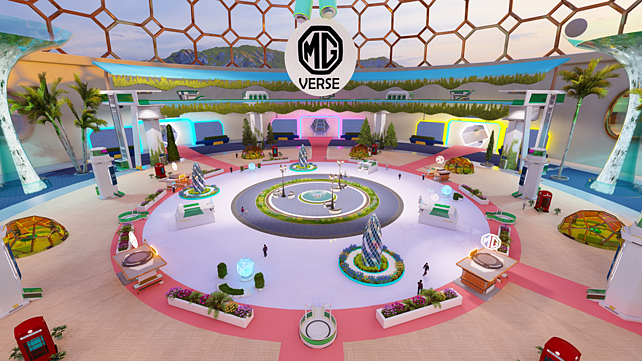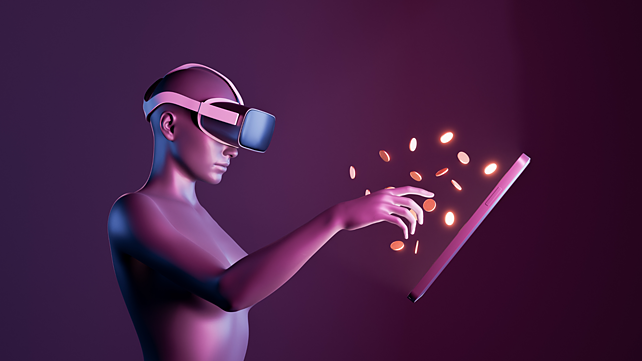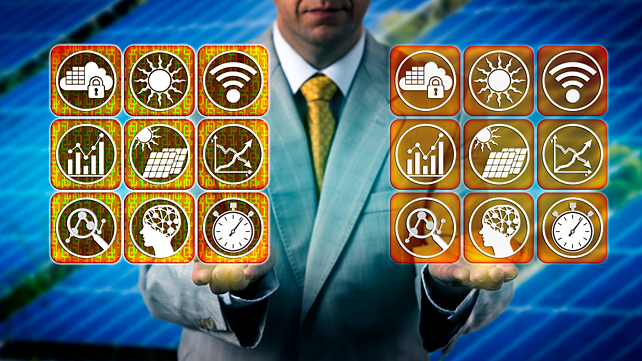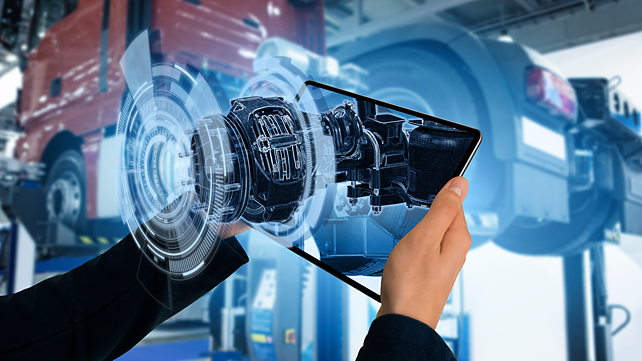
The Indian auto sector is evolving at a healthy clip, with widespread investments in digitisation across the value chain. Even in a year as tumultuous as 2021, auto OEMs recorded over INR 98,800 crore investment in India [1], with the highest percentage being invested towards electric mobility.
This has been a boon for the Indian auto sector as it works in favour of the digital transformation, which is necessary to survive in the current market.
COVID-19 adversely hit every industry worldwide, making a digital transformation a necessity to survive. Twenty five percent of the above-stated amount was spent after 2020 [2], indicating that the auto sector has become more responsive and acceptive of new technologies after the pandemic. This is a vital step towards the industry's survival to solve the existing problems, tackle upcoming challenges and streamline the currently running business.
As the pandemic shut the plants down, the whole supply chain was impacted, the sales numbers went down low, and there was also a chip shortage. So, the companies resorted to digital solutions such as e-registrations, online dealerships, home test drives and other tools, allowing buyers to design and add elements to their car on the website itself.
Impact Of Metaverse On The Auto Sector
The adoption and integration of the metaverse have allowed the Indian auto sector to optimise and balance the disrupted supply chain. Going ahead with the technological changes will also help boost the supply chain's efficiency, manufacturing processes, and more.

The metaverse will help in creating a collaborative social space for critical designing and robust testing of the vehicle simulations with the respective parts. As auto companies stimulate this environment, it will reduce the testing cost.
Companies like MG Motor have come up with their version of metaverse (MGverse) that will not only allow its customers to customise and test its vehicles but also enable customers to constantly explore, innovate, improvise, and develop new solutions to consistently enhance the customer experience in the future.
The rising adoption of technology will further lead to enhancing the revenue generated with additional merchandise along with the utilisation of digital twin technology for designing chips, modules and tests. Metaverse enables the brands for contextual advertising, which expands the customer base further.
It also enables Digital Twins – a virtual model of a product or service that mimics the physical world, creating new forms of synergy between the two realms. For the auto segment, this translates to enhanced and simplified product testing, employee training, predictive maintenance, sales, and much more.

While we are witnessing a worldwide digitalisation of every process and industry, the metaverse will contribute to the same for the auto sector. When a potential customer researches online, the 2D advertisements he experiences will be replaced by 3D AR/VR advertisements, redirecting to the showroom in the metaverse.
Benefits Of The Metaverse
While considering the impact of the metaverse on the Indian auto sector, let’s take a look at some of the advantages of this digital transformation:
Explore and create: A user will have the freedom to customise his/her favourite car model, take it for a virtual test drive in any corner of the world and make bookings from the comfort of his/her home.
Car clubs: Auto companies can use metaverse to create a virtual space, where people can connect, engage and enjoy togetherness through member-only events or concerts.
Training and knowledge centre: Employees and partners of the company can benefit from this centre by upskilling and attending training sessions, conferences and meetings virtually.
Future
While auto companies are already collaborating with other companies to build virtually accessible digital 3D twins, there will be high utilisation of both AR (Augmented Reality) and VR (Virtual Reality) technologies. But despite the potential, AR might only have a minor effect on the industry.
Keeping pace with the technological changes around, AR will be a part of customers’ daily activities. Auto companies will utilise it to improve their entertaining advertisements and reorganise the car details to display a whole new world and cover content such as video games outside the reality. This exclusive will be a part of the metaverse experience.

End Word
While the possibilities are endless and exciting, the metaverse is still in its infancy. The opportunities it offers will take time to evolve as early concepts change and new breakthroughs spark further innovation. Thus, industries and brand will need to remain flexible as key stakeholders and be open to learning, evolving, adapting and collaborating, along with the metaverse.
Studies suggest that in the coming five years, the automotive industry will rapidly adapt to these new technologies and witness extensive growth with the metaverse [3]. The Indian auto sector will also accommodate new disrupting technologies, which will change a lot of the existing industrial methods for the better.
The upcoming time will be spectacular to witness the industry adopt these revolutionary technologies enhancing the customer experience, revenue and overall work methodologies.
References:
[1] https://auto.economictimes.indiatimes.com/news/auto-technology/bringing-ev-tech-to-the-fore-indian-auto-sector-invests-usd-13b-in-2021/88514223
[2] India's Auto Sector Will Be Transformed By Disruptive Technology Trends In 2022 - Inventiva
[3] How the Automotive industry is getting into the Metaverse? (oodles.io)